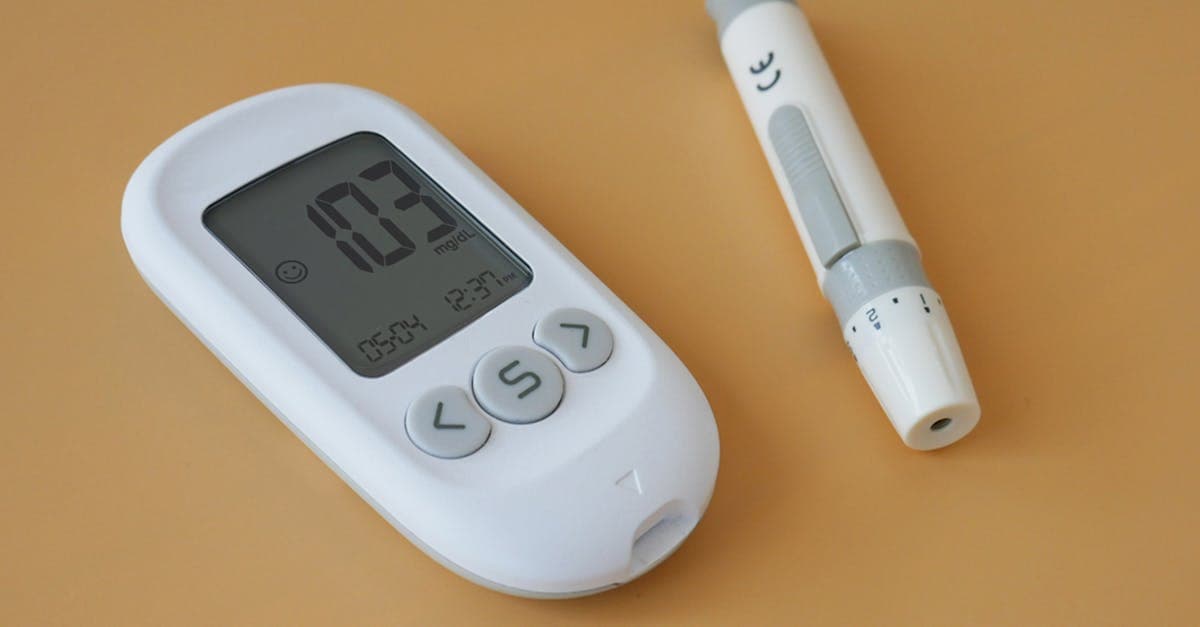Published on:
7 min read
Unlocking Memory: The Ultimate Guide to Understanding Dementia Tests
Navigating the landscape of dementia tests can be daunting. This comprehensive guide will help you understand the various assessments used to diagnose dementia and their significance for patients and caregivers alike.

What Are Dementia Tests?
Dementia tests are structured assessments that help healthcare professionals determine the presence and stage of dementia in a patient. These tests can include cognitive evaluations, medical history reviews, and physical examinations. The **Montreal Cognitive Assessment (MoCA)** and the **Mini-Mental State Examination (MMSE)** are two commonly utilized tests that measure various cognitive functions such as memory, attention, and problem-solving abilities. Understanding these assessments is crucial for individuals and their families because early diagnosis can lead to earlier intervention and management strategies, improving the quality of life for those affected.
The Importance of Early Diagnosis
Early diagnosis of dementia can significantly affect the future care and treatment options available to an individual. Recognizing the early warning signs, such as memory lapses, confusion, or changes in mood, can prompt discussions with healthcare providers about the need for testing. Interventions, which may include medication, support groups, and lifestyle adjustments, are often more effective when started early. Additionally, early diagnosis allows patients and their families to plan for the future, explore treatment options, and maintain better communication regarding the individual’s care preferences.
Navigating the Testing Process
The process of getting tested for dementia can be overwhelming for patients and their families. It typically begins with a visit to a primary care physician who will assess the individual's symptoms and may refer them to a specialist, such as a neurologist or geriatrician. During testing, healthcare professionals will conduct a series of evaluations, which may include interviews, cognitive tests, and brain imaging studies like MRI or CT scans. It's essential for families to ask questions, understand the testing process, and seek resources to support their loved ones. Emotional and psychological support during this time can also make a significant difference in handling the diagnosis.
Conclusion
Understanding dementia tests is key to unlocking the challenges of cognitive decline. By familiarizing yourself with the types of tests available and the importance of early diagnosis, patients and families can navigate the healthcare system more effectively. Remember, seeking help and support is a pivotal step toward managing dementia with dignity and care.
Published on .
Share now!










